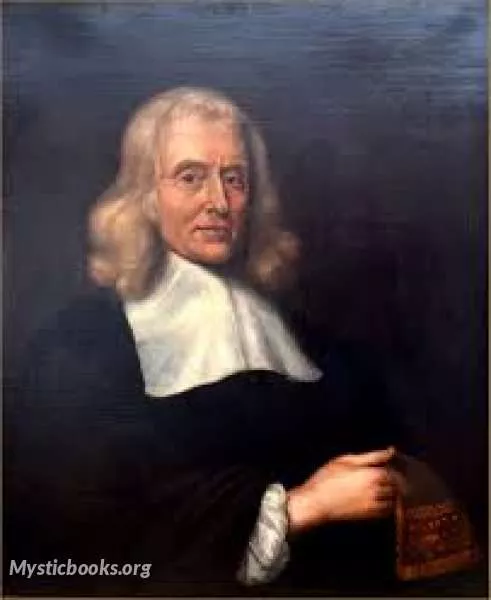
Timeline
Title
Country/Nationality
John Milton
John Milton was an English poet and intellectual who served as a civil servant for the Commonwealth of England under its Council of State and later under Oliver Cromwell. He wrote at a time of religious flux and political upheaval, and is best known for his epic poem Paradise Lost (1667). Written in blank verse, Paradise Lost is widely considered to be one of the greatest works of literature ever written.
Writing in English, Latin, Greek, and Italian, he achieved international renown within his lifetime; his celebrated Areopagitica (1644), written in condemnation of pre-publication censorship, is among history's most influential and impassioned defenses of freedom of speech and freedom of the press. His desire for freedom extended into his style: he introduced new words (coined from Latin and Ancient Greek) to the English language, and was the first modern writer to employ unrhymed verse outside of the theatre or translations.
John Milton was born in Bread Street, London on 9 December 1608, the son of composer John Milton and his wife Sarah Jeffrey. The senior John Milton (1562–1647) moved to London around 1583 after being disinherited by his devout Catholic father Richard "the Ranger" Milton for embracing Protestantism. In London, the senior John Milton married Sarah Jeffrey (1572–1637) and found lasting financial success as a scrivener. He lived in and worked from a house on Bread Street, where the Mermaid Tavern was located in Cheapside. The elder Milton was noted for his skill as a musical composer, and this talent left his son with a lifelong appreciation for music and friendships with musicians such as Henry Lawes.
Milton died of consumption (not gout, state the Parish books of Bunhill Fields) on 8 November 1674 and was buried in the church of St Giles-without-Cripplegate, Fore Street, London. According to an early biographer, his funeral was attended by "his learned and great Friends in London, not without a friendly concourse of the Vulgar." A monument was added in 1793, sculpted by John Bacon the Elder.
Books by John Milton
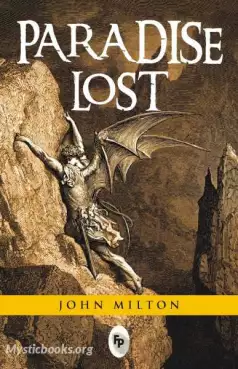
Paradise Lost
Magnificent in its scale and scope, this monumental poem by the blind poet John Milton was the first epic conceived in the English language. It describes an omniscient, all powerful God, the Fall of Man, the Temptation in the Garden of Eden, the disg...
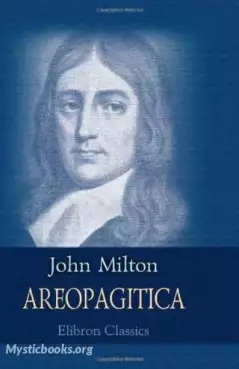
Areopagitica
Areopagitica; A speech of Mr. John Milton for the Liberty of Unlicenc'd Printing, to the Parlament of England is a 1644 prose polemic by the English poet, scholar, and polemical author John Milton opposing licensing and censorship. Areopagitica is am...
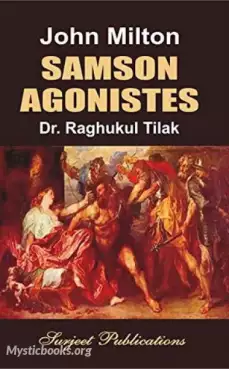
Samson Agonistes
Samson Agonistes is a tragic closet drama by John Milton. It appeared with the publication of Milton's Paradise Regained in 1671, as the title page of that volume states: "Paradise Regained / A Poem / In IV Books / To Which Is Added / Samson Agoniste...
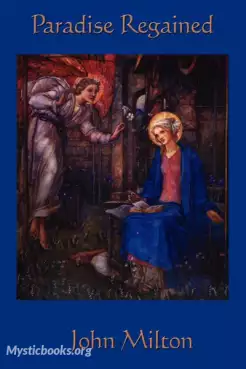
Paradise Regained
Paradise Regained is a poem by English poet John Milton, first published in 1671. The volume in which it appeared also contained the poet's closet drama Samson Agonistes. Paradise Regained is connected by name to his earlier and more famous epic poem...
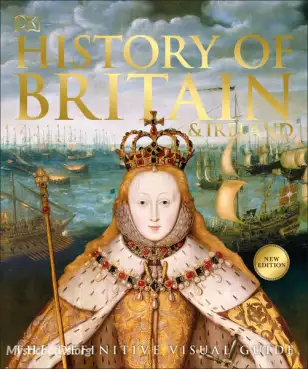
The History of Britain
The History of Britain, that Part especially now called England; from the first traditional Beginning, continued to the Norman Conquest. Collected out of the antientest and best Authours thereof, an unfinished prose work by the English poet John Milt...
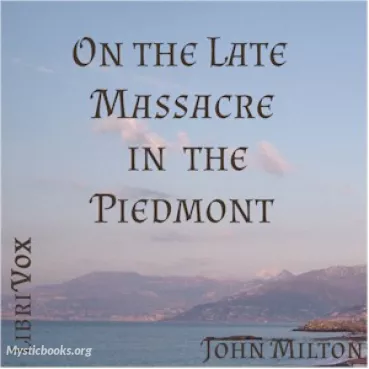
On the Late Massacre in the Piedmont
In the heart of 17th-century Europe, a massacre of innocent Waldensians ignites a fire of fury and poetic protest in the soul of John Milton. John Milton, the renowned English poet, unleashes a searing sonnet, "On the Late Massacre in the Piedmont,...
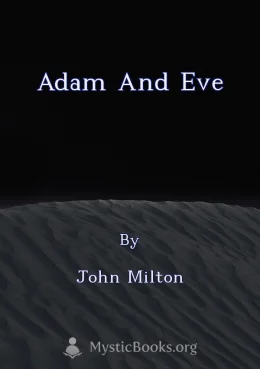
Adam and Eve
Adam and Eve is a narrative poem by John Milton, first published in 1667, that tells the biblical story of the creation of Adam and Eve, their temptation by Satan, and their expulsion from the Garden of Eden. The poem is written in blank verse and is...
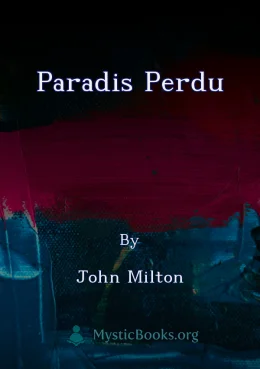
Paradis Perdu
Paradis Perdu, or Paradise Lost, is an epic poem by John Milton that recounts the biblical story of the Fall of Man. It explores themes of free will, temptation, sin, and redemption through a complex narrative centered on the rebellion of Satan and...

Milton's Minor Poems
This book presents a collection of John Milton's minor poems, showcasing his early works and diverse styles before his epic masterpiece *Paradise Lost*. The collection includes sonnets, elegies, and satirical pieces, revealing Milton's development as...